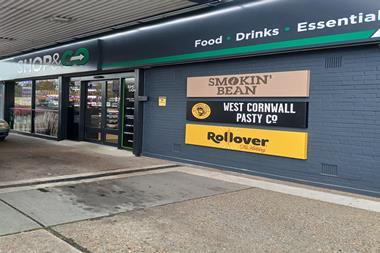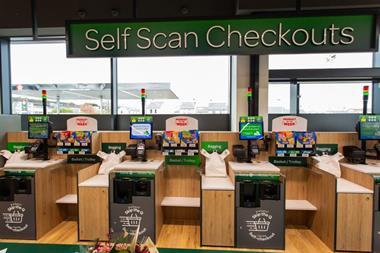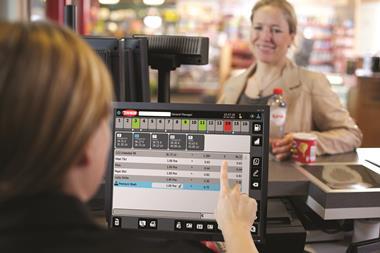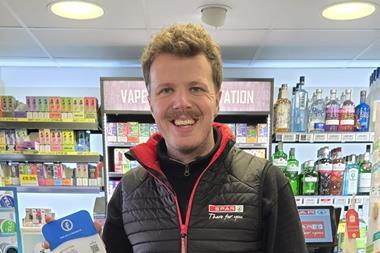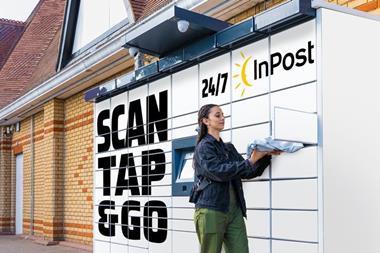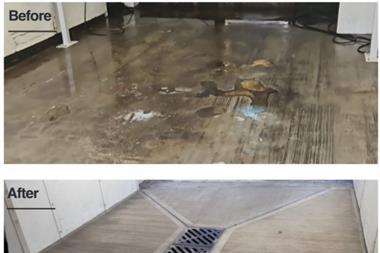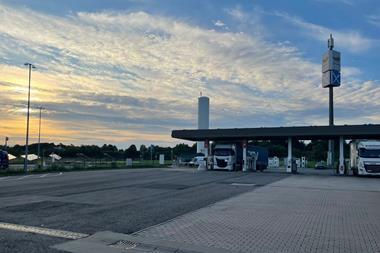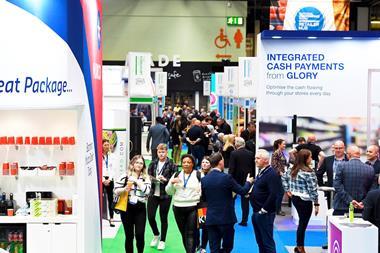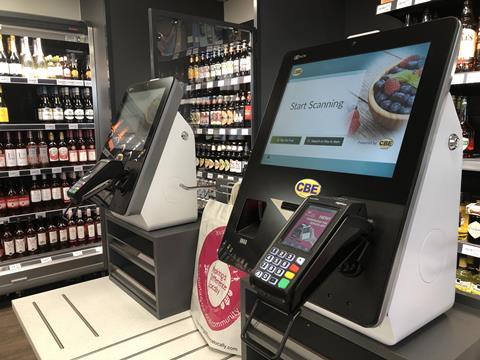
Using bots and other automation to increase profitability has traditionally been seen as a luxury largely open only to bigger retailers. However, a paradigm shift is happening in 2024 among independent forecourt operators. This is being driven by rising business costs and a growing awareness of technology’s potential as a cost-cutting and customer loyalty tool.

With fuel theft still on the rise, there has been renewed interest in outdoor payment terminals (OPTs), both physical on pump and via mobile phone apps. OPTs pre-authorise payment making them an ideal solution for overnight transactions, or for installation on the pumps closest to the entrance and exits of a forecourt, which are the easier targets for drive-offs.
OPTs have other benefits too, helping reduce staff numbers, or enabling redeployment of workers as in the case of Asda, which has just announced it will complete a programme of introducing automated pumps at 82 of its petrol sites attached to superstores during 2024. OPTs also allow fuel only customers to move on as quickly as possible, freeing up space on the forecourt for other customers and reducing queues in store - all of which has a positive impact on sales.
Electronic point of sale (EPoS) has long been at the centre of retail IT, but surprisingly some retailers overlook the vast potential of their system, treating it merely as a big calculator. Effectively employed, EPoS not only enhances operational efficiency but it also results in significant time and cost savings. It can provide retailers with an extensive range of insights, including sales and margin analysis for shop and fuel, the best and worst sellers and basket analysis, as well as prompting ordering for groceries and petrol and diesel.
It can also seamlessly integrate with third party systems such as Ganderlytics, an analytics platform developed by Gander to give insights into a store’s wastage, or fuel pricing software EdgePetrol, which helps retailers make pricing decisions based on their fuel volume, margin and competition.
Self-checkouts (SCOs) hit the headlines when independent supermarket Booths announced last autumn that it was withdrawing them from most of its north of England stores, saying that its customers preferred interacting with staff not machines. But forecourts generally would benefit from self-checkouts, at least as an option at busy times, because they reduce queuing and speed up customer throughput.
Moreover, SCOs significantly reduce staffing requirements, yielding a rapid return on investment. The cost of implementing SCO over five years is remarkably low, equating to less than two hours of a member of staff’s weekly wage. Furthermore, redeploying cashiers to other areas of the business can bring additional benefits. For example, additional staff on the shopfloor can improve standards and on-shelf availability, while their presence can positively impact shrinkage from shoplifting.
Fuel transactions can now be processed through SCOs too, allowing consumers to pay for their shop items and fuel in one transaction, while being monitored/assisted by the cashier working on a manned checkout. This so-called fractional model allows one cashier to supervise up to five simultaneous transactions. As one of our customers told us: self-checkout is like having a colleague working alongside you that never wants a break, will work all day without complaining, never gets sick or cannot serve your customers, and it will come back every day to do it again and again.
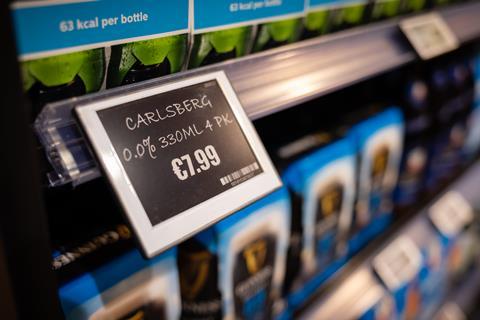
Then there are electronic shelf edge labels (ESLs). These automated labels seamlessly integrate into a single management platform, eliminating the manual effort of changing paper labels. This not only saves valuable staff time but also enables a focus on higher-value tasks, such as providing exceptional customer service. ESLs prove beneficial in tailoring ‘costs to serve’ by adjusting prices based on trading hours at a 24-hour site. Furthermore, leverage targeted promotions and price comparison marketing, such as MPK Garages’ ‘Cheaper than Tesco!’ campaign, allows forecourt retailers to stay competitive.
Similarly, forecourt retailers can synchronise EPoS, pumps and pole signs, streamlining fuel price control at the head office for multi-site retailers, and eliminating potential delays in price updates across the estate. This also supports day-part pricing, allowing retailers to lower fuel prices to drive traffic at quiet times, or increase fuel prices overnight to mitigate the costs of manning a site 24/7.
Utilising technology empowers retailers to mitigate current cost challenges. Success lies in mastering and fully embracing its capabilities.






















